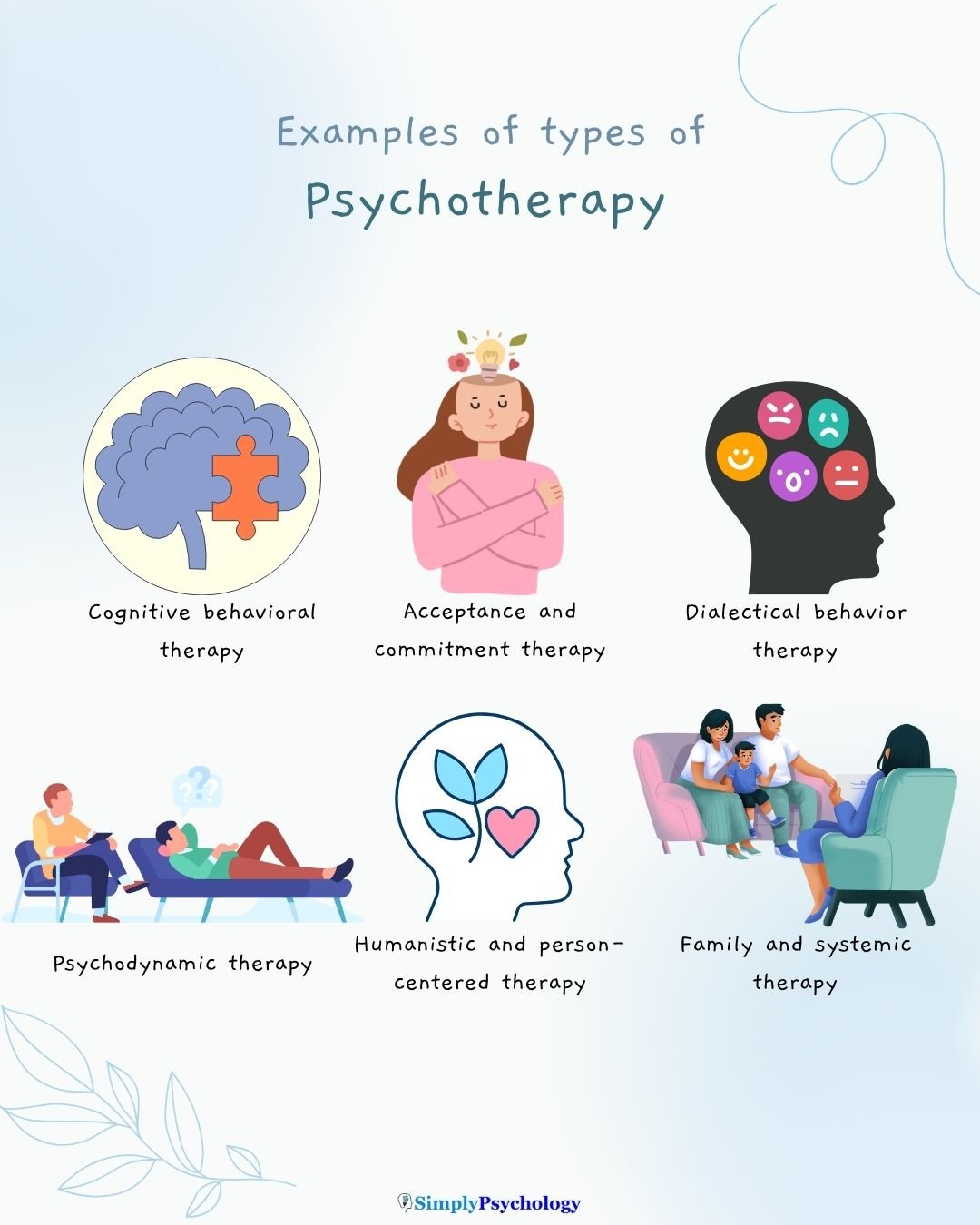Top Reasons Couples Choose couples counselling sessions to Reconnect
Discovering the Advantages of Virtual Therapy in Modern Mental Healthcare
The increase of virtual therapy notes a substantial change in mental healthcare. It uses boosted availability, permitting people from varied backgrounds to look for assistance without geographical restraints. Versatility in scheduling fits varying way of lives, while the convenience of home can cultivate openness. Nevertheless, the implications of these modifications expand beyond plain comfort. The progressing landscape of therapy raises important concerns about its long-term effects on individual involvement and therapy outcomes.
Improved Access for All
Conventional therapy typically presents obstacles such as geographical location and organizing problems, virtual therapy greatly improves access for people looking for psychological wellness support. By eliminating the demand for physical traveling, virtual therapy allows clients from remote locations or those with mobility obstacles to attach with qualified experts. This mode of therapy can get to underserved populaces that might do not have local mental wellness resources, therefore resolving disparities in access to care. Additionally, virtual platforms can satisfy varied requirements, providing services in numerous languages and fitting different social histories. Clients can involve with a more comprehensive range of specialists, supplying them with options that align with their details requirements and choices. This raised accessibility promotes a more inclusive atmosphere, enabling people to look for help without the stigma usually connected with in-person brows through. On the whole, virtual therapy represents a substantial innovation in making mental healthcare more accessible to all.
Adaptability in Organizing Procedure

As virtual therapy proceeds to gain grip, its fundamental versatility in scheduling sessions verifies to be a considerable benefit for numerous people. Unlike typical in-person therapy, virtual therapy permits customers to select session times that best fit their individual and expert dedications. This adaptability fits those with requiring job timetables, family commitments, or various other commitments that can make going to physical consultations testing.
Clients can easily reschedule or adjust their sessions as needed, lowering the tension connected with rigid appointment systems. The availability of numerous time ports throughout the week, including evenings and weekends, further boosts accessibility. This versatility not just urges consistency present yet additionally promotes a higher commitment to the therapeutic procedure. Eventually, the adaptability in organizing sessions represents a transformative shift in psychological wellness treatment, encouraging people to prioritize their wellness without sacrificing other aspects of their lives.
Comfort of a Familiar Atmosphere
The convenience of an acquainted setting significantly enhances the effectiveness of virtual therapy for many customers. Engaging in therapy from the safety of their very own homes allows individuals to feel even more secure, reducing anxiety that might accompany conventional in-person sessions. This familiarity can help with open interaction, enabling clients to share their thoughts and sensations a lot more openly.
Furthermore, the presence of personal things and the capability to control their environments can contribute to a feeling of security and leisure. Clients commonly report that remaining in a comfy area allows them to focus much more on the therapeutic process instead than the establishing itself.
In addition, the informal nature of virtual sessions can assist liquify barriers that might exist in a traditional office setting, promoting a much deeper connection with specialists. In general, the comfort of acquainted environments plays an important function in enhancing the healing experience and effectiveness for numerous people looking for psychological wellness assistance.
Bigger Variety Of Restorative Options
A larger variety of restorative alternatives appears with virtual therapy, allowing clients to accessibility various methods that might not be viable in standard setups. This versatility makes it possible for individuals to discover varied strategies such as cognitive-behavioral therapy, mindfulness techniques, art therapy, and also specialized treatments like trauma-informed treatment or dialectical habits therapy.
Moreover, clients can choose from a more comprehensive range of specialists, including those that specialize in niche locations or particular populaces, enhancing the possibility of locating a suitable suit. Virtual systems commonly offer access to group therapy sessions, assistance communities, and workshops that might be geographically inaccessible otherwise.
This selection empowers clients to engage in their recovery procedure according to their distinct choices and requirements, possibly increasing inspiration and commitment to treatment. Consequently, the landscape of psychological health care becomes extra comprehensive and adaptable, catering to a wider selection of private experiences and difficulties.
Lowered Stigma Surrounding Therapy
Accessing therapy with virtual platforms adds to a substantial reduction in the preconception traditionally linked with psychological wellness treatment. By providing a very discreet and private setting, virtual therapy permits individuals to seek assistance without the concern of being judged or recognized. This anonymity attract those that might or else think twice to seek in-person therapy due to social perceptions bordering psychological health and wellness.
As the frequency of virtual therapy rises, it normalizes the discussion around mental wellness, making it a much more appropriate part of day-to-day life. People usually really feel a lot more comfortable discussing their experiences on-line, advertising visibility and minimizing feelings of isolation. The access of these solutions also motivates a wider market to involve with psychological health and wellness sources, cultivating a society of assistance as opposed to embarassment. Ultimately, the surge of virtual therapy plays an essential function in reshaping perspectives towards seeking help, contributing to an extra accepting culture pertaining to psychological health obstacles.
Cost-Effectiveness and Cost

Minimized Session Prices
Several individuals seeking mental wellness support find that virtual therapy significantly minimizes session prices compared to conventional in-person options. The elimination of traveling expenditures and pause work often adds to general financial savings. Additionally, lots of virtual therapists use affordable prices as a result of lower above expenses related to keeping a physical office. This change in expense enables clients to accessibility quality psychological health and wellness solutions without the economic stress that may feature conventional therapy. For numerous, this affordability allows extra regular sessions, which can improve treatment end results. Because of this, virtual therapy not just democratizes accessibility to psychological healthcare but additionally supplies a lasting monetary design that lines up with customers' budgets, making mental health and wellness support extra obtainable for a larger audience.
Increased Accessibility Alternatives
While typical therapy often presents here logistical obstacles, virtual therapy greatly expands accessibility options for individuals looking for psychological healthcare. By removing the need for traveling and permitting versatile scheduling, virtual therapy suits varied way of lives and commitments. This access is specifically beneficial for those in remote locations or with movement challenges. Furthermore, the cost-effectiveness of virtual therapy minimizes monetary pressure, making mental health and wellness services extra obtainable. Several platforms provide tiered pricing or moving range fees, promoting price. Insurance provider progressively acknowledge virtual therapy, additional boosting its economic availability. Generally, virtual therapy not only broadens the scope of who can get care however additionally addresses economic obstacles, making mental health support extra inclusive and attainable for all.
Enhanced Continuity of Care
Enhanced connection of care emerges as a substantial benefit of virtual therapy in modern mental health treatment. This strategy allows people to maintain regular interaction with their therapists, regardless of geographical barriers or organizing conflicts. relationship therapy. The versatility of virtual sessions promotes normal check-ins, which are vital for monitoring development and adjusting treatment intends as required
In addition, digital health documents and telehealth systems facilitate smooth information sharing among treatment suppliers. This interconnectedness ensures that all experts involved in an individual's care are upgraded on treatment developments, resulting in even more collaborated and effective interventions.
People usually experience decreased stress and anxiety and boosted engagement due to the ease of accessing therapy from acquainted atmospheres. Such availability enhances adherence to therapy regimens, ultimately enhancing end results - virtual therapy. To sum up, virtual therapy not only bridges spaces in mental wellness solutions however also fortifies the connection of care, an important component of effective healing partnerships
Often Asked Concerns
Exactly How Does Virtual Therapy Make Sure Privacy and Personal Privacy for Clients?
The existing concern addresses the steps virtual therapy uses to protect customer privacy. Using encrypted platforms, safe and secure logins, and conformity with policies like HIPAA, virtual therapy assurances that sensitive details continues to be personal and hard to reach to unauthorized people.
Can I Switch Over Therapists Easily in Virtual Therapy?
Switching over therapists in virtual therapy is generally straightforward. Customers can interact their need for a modification through the platform, permitting flexibility in locating a far better match without the logistical obstacles of in-person appointments.
What Technology Do I Need for Virtual Therapy Procedure?
To join virtual therapy sessions, a specific typically requires a trusted internet connection, a computer system or smart device with a camera and microphone, and accessibility to a secure video clip conferencing system defined by their specialist.

Are Virtual Therapy Sessions as Effective as In-Person Sessions?
Current studies indicate that virtual therapy sessions can be equally reliable as in-person sessions, depending upon the person's preferences and conditions. Factors such as convenience and availability might improve the total restorative experience for some customers.
What Should I Do if I Experience Technical Issues During a Session?
If technological issues occur during a session, one must calmly communicate the problem to the therapist, effort to reconnect, or button to a backup method. Persistence and adaptability are necessary in handling these disruptions.